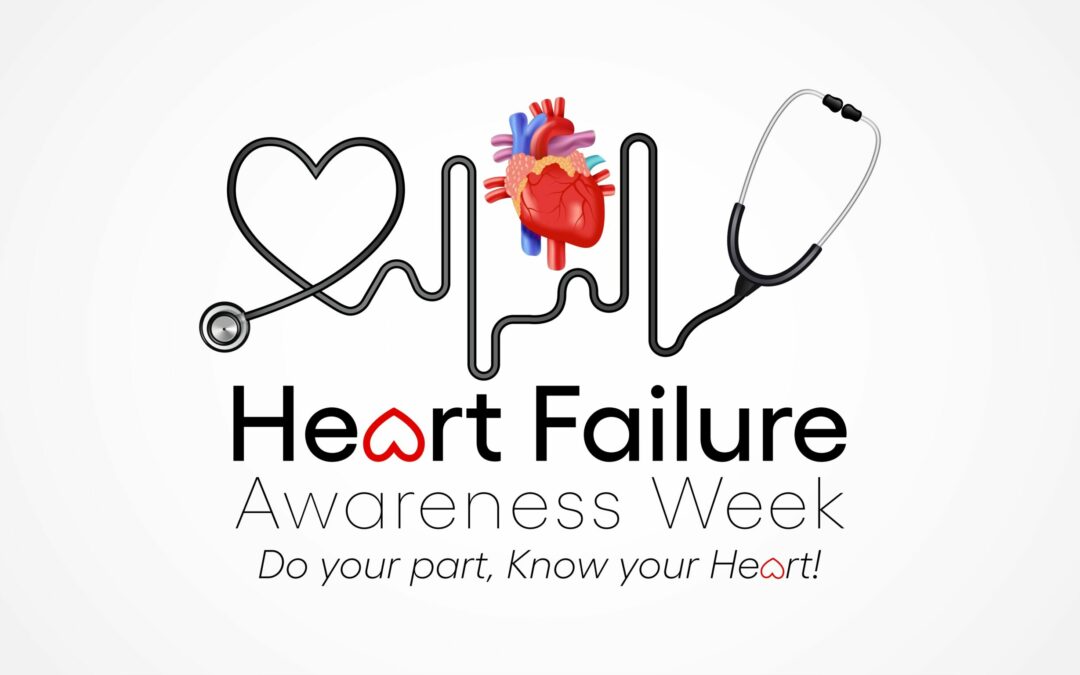About 6 million Americans are living with heart failure today, according to the Center for Disease Control and Prevention. Heart failure happens when the heart cannot pump enough blood and oxygen to support other organs in your body. Heart failure often develops after other conditions have damaged or weakened the heart.
Risk factors
- Coronary artery disease. Narrowed arteries may limit your heart’s supply of oxygen-rich blood, resulting in weakened heart muscle.
- Heart attack. A heart attack is a form of coronary artery disease that occurs suddenly. Damage to your heart muscle from a heart attack may mean your heart can no longer pump as well as it should.
- Heart valve disease. Having a heart valve that doesn’t work properly raises the risk of heart failure.
- High blood pressure. Your heart works harder than it has to if your blood pressure is high.
- Irregular heartbeats. These abnormal rhythms, especially if they are very frequent and fast, can weaken the heart muscle and cause heart failure.
- Congenital heart disease. Some people who develop heart failure were born with problems that affect the structure or function of their heart.
- Diabetes. Diabetes increases your risk of high blood pressure and coronary artery disease.
- Alcohol use. Drinking too much alcohol can weaken the heart muscle and lead to heart failure.
- Sleep apnea. The inability to breathe properly while you sleep results in low blood-oxygen levels and an increased risk of irregular heartbeats.
- Smoking or using tobacco. Both increase your risk of heart disease and heart failure.
- Obesity. People who have obesity have a higher risk of developing heart failure.
- Viruses. Certain viral infections can cause damage to the heart muscle.
Know your risk early
As an advanced medical diagnostics facility, Premier Medical Laboratory Services developed a test to detect cardiovascular disease early, MDHeartPro. Compared to a usual lipid panel, MDHeartPro uses more biomarkers to get the full picture of a patient’s risk to heart disease. MDHeartPro measures total Cholesterol, lipoprotein particle size, inflammatory markers (Hs-CRP, Lp-PLA2), genetic markers, metabolic syndrome, and new inflammatory markers (Microalbumin, Creatinine ratio) and runs the standard lipid panel. A usual lipid panel misses three of the most common disorders attributing to cardiovascular disease and offers no assessment of stroke. So, even if you know your risk, 50% of heart disease patients have no traditional risk markers, while 60% of patients with heart attacks or strokes have normal lipid levels. With MDHeartPro, you get the rest of the story. The test identifies key inflammatory and other advanced risk markers that identify people in the high-risk category for cardiovascular disease. With MDHeartPro, you can save more lives. For more information on MDHeartPro, watch the video below:

